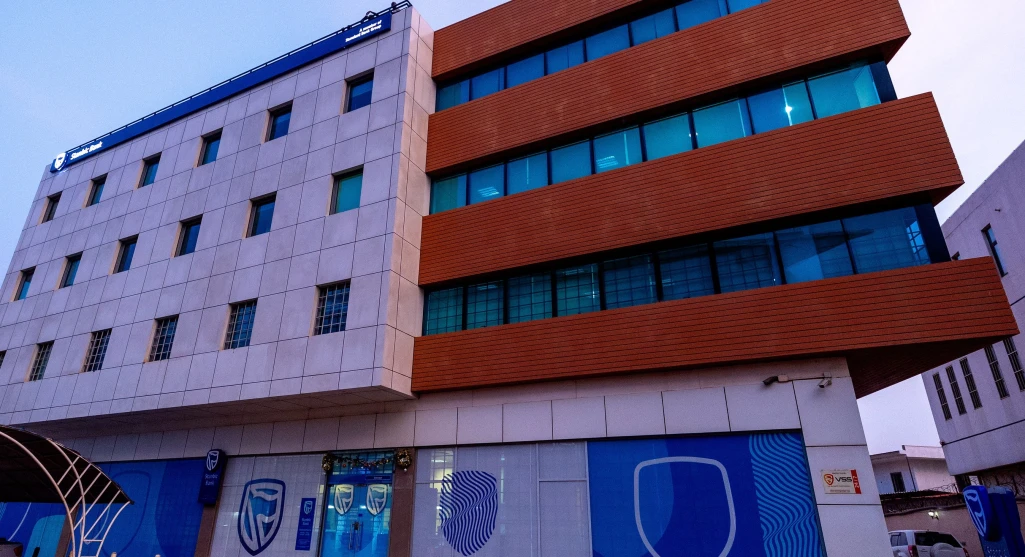
The Stanbic
Bank has changed banking card services in South Sudan by enabling all Visa
cardholders, both local and international, to withdraw cash from its ATMs.
In a press
statement extended to The Radio Community, the management of Stanbic Bank said
this move’s functionality provides convenience for residents, expatriates, and
visitors who previously faced restrictions in accessing their funds.
A game-changer
for banking with five strategically located ATMs across Juba, Stanbic Bank is
set to drive financial access while driving GDP growth.
"At Stanbic Bank, we are committed to driving
financial accessibility and making banking easier for everyone in South Sudan,”
said James Okuku, head of transactional banking at Stanbic Bank.
“Introducing
this Visa card acceptance at our ATMs eliminates a major barrier for customers
who previously struggled to access their funds, especially those with
international accounts. We believe that this move will drive increased card
usage and positively impact economic growth.”
This
initiative ties into Stanbic Bank’s broader strategy to modernize banking
services in South Sudan, with the aim of making transactions simpler, faster,
and more inclusive.
Okuku said
Stanbic Bank, as a key financial institution in South Sudan, is committed to
being an enabler for sustainable development and will continue to deliver
innovative and relevant solutions.
‘’As the
country continues to register economic growth, access to global banking
infrastructure remains a critical factor in supporting businesses, development
organizations, and individuals,” he added.
Stanbic Bank
is a member of the Standard Bank Group, Africa’s largest bank by assets.
Stanbic Bank is licensed and regulated by the Bank of South Sudan and has
provided banking services in South Sudan since 2004, before the signing of the
Comprehensive Peace Agreement (CPA) in 2005.
The bank
provides corporate, business, and personal banking services to the key sectors
that drive the South Sudan economy, including oil & gas, power &
infrastructure, humanitarian & development assistance, government,
telecommunications, and insurance.